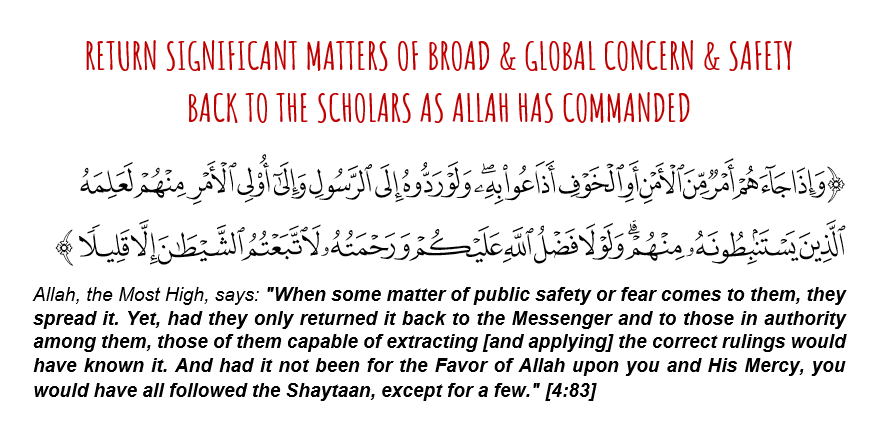In the Name of Allah, the Most Gracious, the Ever Merciful…
Recently, we learned from our respected scholar, Shaykh ‘Abdullah al-Bukhary (may Allah preserve him), that the scholarly differing over the permissibility of vaccines had actually come to an end long ago, when he informed us:
فقد تكلم أهل العلم حول هذه القضية منذ زمن طويل لما بدأ ظهر أمر اللقاحات حصل بين ذلك أخذ وعطاء فيما مضى، ثم استقر الأمر على أن هذا الأمر من الأمور التي لا تنافي التوكل ولا تضادُّه، إنما هي من الأخذ بالأسباب الشرعية
“…The people of knowledge have indeed spoken about this issue, a long time ago, when the issue of vaccinations first came about. Some back and forth discussion took place in the past, until the matter was settled, that this is one of those issues that does not invalidate tawakkul (trusting Allah) nor contradict it. It is merely an issue of taking legislated steps [of safety]…”
This was surprising for many to learn about, as some had presumed that the scholars still differed over this topic. One might say: “Perhaps Shaykh Abdullah al-Bukhary misspoke when saying this, as we have not heard this from the people of knowledge (other than him), and claiming consensus is a very serious issue, as an established consensus among the scholars actually ends the discussion.” Continue reading

